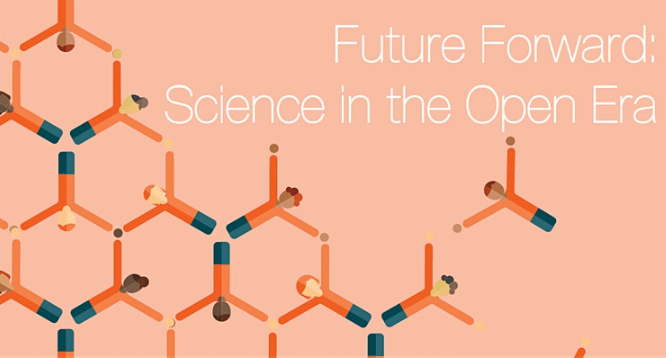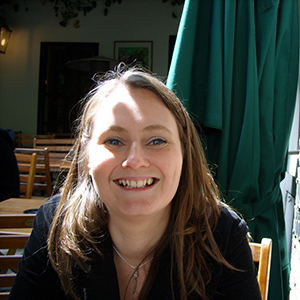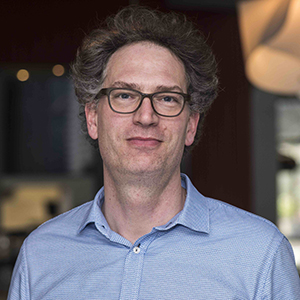Why do we want FAIR microscopy data now?
Why would you want to share your microscopy data? If microscopy data were more findable and accessible it could facilitate ground-breaking discoveries! Bernd Rieger (ImPhys) and Katy Wolstencroft (Leiden University) talked about this on the 10th of December and present their plans for creating a national infrastructure for advanced light microscopy in the life sciences.
Making microscopy data Findable Accessible Interoperable and Re-usable: Why? What? How?
Abstract: Why would you want to share microscopy data? There are multiple reasons for this. First, storing and finding large image databases from a heterogeneous group of scientists can be very challenging, especially if they work at multiple locations. Second, to make research more efficient: if microscopy data was more findable and accessible, this could facilitate a broad range of scientists to make ground-breaking discoveries. So what do you need to this happen and how would you do it?
In this talk, we will present our plans for creating a national infrastructure for advanced light microscopy in life sciences. The platform will not only provide coordinated access to cutting-edge imaging technologies but also solutions and training for FAIR data. We will also discuss the challenges encountered and suggestions for other communities which would like to make their data FAIRer.
This seminar is part of the series "Future Forward: Science in the Open Era" organised by TU Delft Library. The whole seminar has been recorded and can be watched here.
About the speakers
Bio Katy Wolstencroft:
Katy Wolstencroft is an Assistant Professor at the Leiden Institute of Advanced Computer Science (LIACS) where she leads the Semantic Systems Bioinformatics group. She originally studied biochemistry as an undergraduate at the University of Leeds, UK and has a bioinformatics MSc and PhD from the University of Manchester, UK. Her research interests are in developing methods and workflows for analysing, modelling and semantically integrating biomedical data. She is a founding member of the FAIRDOM foundation, which developed an EU-wide platform for the FAIR sharing of data in systems and synthetic biology (FAIRDOMHub) and she is one of the authors of the FAIR Guiding Principles for Scientific Data Management and Stewardship
Bio Bernd Rieger:
Bernd Rieger received the M.Sc. degree in physics from Technische Universität München, Germany, in 1999, and the PhD degree in image processing and analysis from the Delft University of Technology, The Netherlands, in 2004. From 2004 to 2005, he was a Post-Doctoral Researcher with the Group of Dr Thomas Jovin, Max Planck Institute for Biophysical Chemistry, Göttingen, Germany. From 2005 to 2010, he worked (part-time) for FEI Electron Optics, Eindhoven, The Netherlands. He is currently a Full Professor with the Faculty of Applied Sciences, Delft University of Technology. His research interest focuses on the field of computational microscopy that combines imaging physics and image processing for the application field of light and electron microscopy. In 2015, he received an ERC Consolidator Grant, and in 2019, a Vici grant from the Dutch Organization for Scientific Research (NWO).


